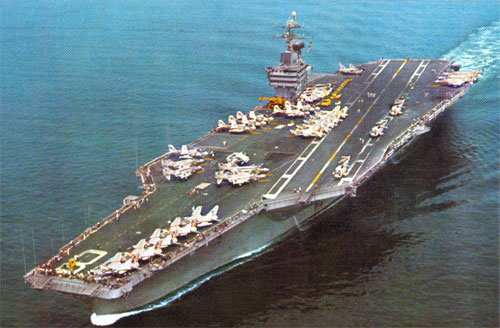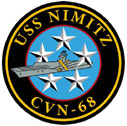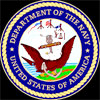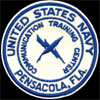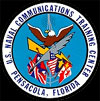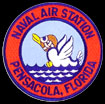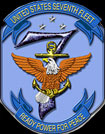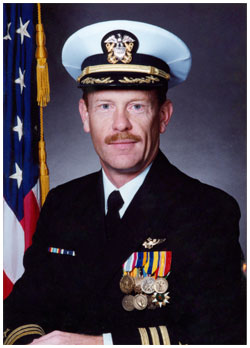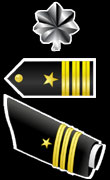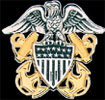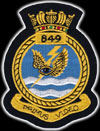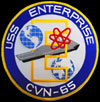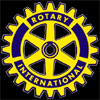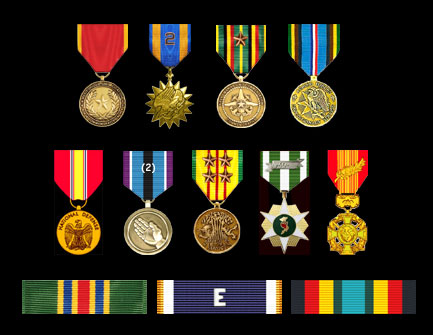 |
Sammamish
Wall of Honor
Paul Linton Patterson
Needham Senior High School
Class of June, 1963 |
 |
 |
|
Research done by Claradell Shedd. |
| Paul Linton Patterson |
| Paul
graduated from Needham Senior High School in Needham, MA in June,
1963. At the time, his next of kin were his parents, Francis and
Elizabeth Patterson. |
|
| Paul Linton Patterson |
 |
| Year |
|
Rank |
|
Status |
 |
| June, 1963 |
x |
Education |
x |
Graduated from Needham
Senior High School. |
| May, 1967 |
x |
Family |
x |
Married Jane Huff in Needham,
MA. |
| June, 1968 |
x |
 |
x |
Graduated with BS from
Northeastern University, Boston, MA. |
| January
21, 1969 |
x |
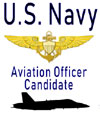 |
x |
Reported to Aviation
Officer Candidate School (AOCS), Pensacola Naval Air Station.. |
| February, 1969-May
11, 1969 |
x |
US Navy/Ensign |
x |
Graduated as Ensign, USNR,
Pensacola, FL Date entered active duty. VT-1 T-34 B Mentor, Primary
Flight Training, Pensacola, FL. |
| May 11, 1969 |
x |
US Navy/Ensign |
x |
Commissioned Ensign, USNR. |
| July, 1969-November,
1969 |
x |
US Navy/Ensign |
x |
VT-2 T-28 B/C Trojan Carrier
Qualifications, Pensacola, FL |
| November, 1969-January,
1970 |
x |
US Navy/Ensign |
x |
VT-5 T-28C Trojan Carrier
Qualificatioons, Pensacola, FL. |
| February, 19760-May,
1970 |
x |
US Navy Ensign |
x |
VT-31 TS-2A Tracker, Advanced
Multiengine Training, Corpus Christi, TX. |
| May, 1970 |
x |
US Navy/Lt.j.g. |
x |
Received wings. |
| May, 1972 |
x |
US Navy/Lt. |
x |
Moved from Reserve to Regular
Navy and began training in VAW 110 (E1) as Replacement pilot. |
|
x |
US Navy Training |
x |
(1) 7th Fleet; E-1 VAW111,
Detachment 14 in San Diego
(2) North Island Naval Air Station; training in E1B Tracer (4
members) |
| March 4, 1970 |
x |
Family |
x |
Son Jeffrey born in Corpus
Christi, TX |
| July 1, 1970-February,
1971 |
x |
US Navy Training |
x |
RVAW-110, E-1B Tracker, Replacement
Squadron for E-1B, San Diego, CA. |
| 1971-July,
1973 |
x |
US Navy Training |
x |
VAW-111, E-1B Tracer, Fleet
Squadron, San Diego, CA. |
| May 31, 1973 |
x |
Family |
x |
Daughter Tiffany born in San
Diego. |
| 1970-1973 |
x |
Training |
x |
Shore duty as instructor in
VAW111 (E-1), Corpus Christi, TX. |
| August,
1973-November, 1975 |
x |
Training |
x |
VT-31, TS-2A Tracker,
Flight Instructor, Advanced Multiengine, Corpus Christi, TX. |
| December, 1975-June,
1976 |
x |
Training |
x |
RVAW-110, E-2B Hawkeye, Replacement
Squadron, learning E-2B O/C, San Diego, CA; Miramar Naval Air
Station. |
| 1976-1978 |
x |
US Navy |
x |
E-2 aboard carriers.
(1) E-1, Vietnam; USS Oriskany, CV-34
(2) USS Ranger, CV-61 |
| 1977 |
x |
Rank |
x |
Lt. Commander. |
| June, 1976-July, 1978 |
x |
Training |
x |
VAW-112; E-2B, Hawkeye, Fleet Squadron,
San Diego, CA. E2B Squadron Wing AJ 010 aboard USS Nimitz (CVN-68)
in Atlantic |
| January, 1979-1981 |
x |
US Navy |
x |
Flight Instructor at Miramar Naval
Air Station. |
| January, 1979-January,
1981 |
x |
Training |
x |
VAW-110, E-2B/C Hawkeye, Replacement
Squadron, San Diego, CA. |
| January, 1981-March,
1984 |
x |
Training |
x |
VAW-114, E-2C Hawkeye, Fleet Squadron,
San Diego, CA. |
| 1982 |
x |
Education |
x |
Graduated with MS from National University,
San Diego, CA. |
| 1981-1984 |
x |
US Navy |
x |
Two deployments:
(1) USS Ranger, CV-61; Miramar Naval Air Station. E-2.
(2) USS Nimita; CV-68; Norfolk, VA. VAW 112. |
| 1983 |
x |
US Navy |
x |
USS Kitty Hawk (CV-63). San Diego,
CA.
USS Carl Vinson (CVN-70); Newport News, VA. |
| 1984 |
x |
US Navy |
x |
As a Commander. Norfolk, VA. Intermed
Maintenance Department. E-2C carrier. Still based out of Miramar,
but physically in Norfolk, VA. |
| 1984 |
x |
US Navy-Training |
x |
Shore duty. Pacific Forces
Nuclear Wapons Safety and Security Officer. Albuquerque, NM. |
| 1984-1988 |
x |
US Navy |
x |
US CINCPAC Joint Command; Honolulu,
HI |
| 1988 |
x |
US Navy |
x |
Nuclear Weapons Training Group PAC;
North Island Air Station, San Diego, CA. |
| January 31, 1991 |
x |
US Navy |
x |
Retired; North Island, San Diego,
CA 92135. 21 years, 8 months, 16 days. |
| 1991-1999 |
x |
 |
x |
USPA and IRA. Planning Association
and Independant Research Agency. |
| 1993 |
x |
Employment |
x |
First Command transferred
from San Diego. Client was US Coast Guard, Pier 36, Seattle. |
| February
14, 1994 |
x |
Residence |
x |
Moved to Sammamish, WA
98074. |
| November,
1999 to present, 2023 |
x |
 |
x |
Employment. Instruct
new pilots and line pilots in the Boeing 737 systems ground school
training and fixed base simulator training. |
| date-2023 |
x |
Volunteer/date |
x |
Member of Sammamish/Rotary
International . |
|
|
Educational,
Work, Volunteer, and Hobby Material to supplement chrono material
in chart above.
|
|
Education (update for Paul)
|
| Date |
x |
Department/Agency |
x |
Certification |
| June, 1963 |
x |
Needham Senior High School, Needham,
MA |
x |
Graduated |
| 1963-1968 |
x |
Northeastern University; Boston,
MA |
x |
BA, Biology. Delta Sigma Theta Fraternity |
| 1978-1981 |
x |
National University; San Diego, CA |
x |
MBA, Business and Business Administration.
Night School |
| Work
|
|
January, 1969-
February, 1991
|
x
|
US Navy/Commander |
x
|
Naval aviator and line officer |
November, 1990-
December, 1999 |
x |
First Command Financial Planning.
Financial planning for military personnel. |
x |
Registered Representative and Agent |
|
November, 1999-
present-2023
|
x
|
Alaska Airlines. Flight Operations
Instructor |
x
|
Instruct new pilots and line pilots
in the Boeing 737 systems ground school training and fixed base
simulator training. |
| Volunteer Experience
(update for Paul) |
| Sammamish
Rotary membership. |
| Hobbies (get from
Paul) |
| Grandchildren, etc.
|
|
* E-1B Tracer
One of the technological advances that proved absolutely indispensable
during World War II was radar, which provided warning of impending enemy
attack. Such was the success of radars installed at land bases and on
board ship that it was a natural next step to install such equipment
on board aircraft. In early 1943, scientists at the Radiation Laboratory
at the Massachusetts Institute of Technology began developing what became
the APS-20 airborne early warning (AEW) radar, with testing of the equipment
involving installation on board a TBM Avenger torpedo plane. Designated
the XTBM-3W, it featured a bulbous dish antenna between the landing
gear with the bomb bay modified to carry a radar operator surrounded
by a maze of antennas and transmitters. The codename for the effort
was Project Cadillac and testing during 1944–1945 resulted in detection
of single aircraft targets and aircraft formations occurring at ranges
between two and four times greater than shipboard radar. AEW was here
to stay.
Following World War II, TBM-3W Avengers and later modified attack aircraft,
including the AD-3W Skyraider, filled the airborne early warning role.
In 1955, engineers at Grumman Aircraft Engineering Corporation sought
to create a designated AEW platform based on the company’s proven S2F
Tracker antisubmarine warfare aircraft. A key element of the design
work involved the aerodynamics of the airplane with a large radome attached
to the top of fuselage and internal space to house the required radar
equipment. To address the latter, Grumman engineers chose to use a TF-1
Trader, the Carrier On-Board Delivery (COD) modification of the S2F,
because of its large cabin. To accommodate the radome, which was tear-dropped
shaped, designers replaced the single tail with twin fins and rudders.
Following wind-tunnel tests, the aerodynamic prototype made its first
flight on December 17, 1956. Just over fourteen months later the first
WF-2 Tracer made its maiden flight. When it began entering squadron
service in 1960, the Tracer dramatically expanded the Navy’s AEW capabilities.
Its robust and capable APS-82 radar provided a more stable platform
that benefited height-finding capability and an airborne moving target
indicator (AMTI) canceled radar returns from the ocean when the airplane
was on overwater flights. The first deployment for the Tracer came with
Carrier Airborne Early Warning Squadron (VAW) 11 on board Constellation
(CVA 64) in 1960, the beginning of a decade during which operations
intensified because of the Vietnam War. All told, Tracer-equipped VAW
squadrons logged 56 deployments in support of operations over Southeast
Asia. |
Right:
E-1B Tracer
Grumman |
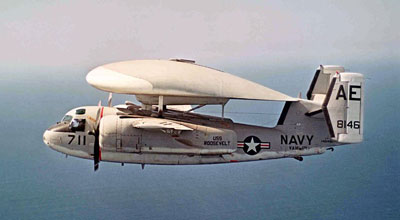 |
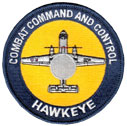 |
|
Right:
USS Ranger
(CV-61)
Far Right:
USS Ranger Insignia |
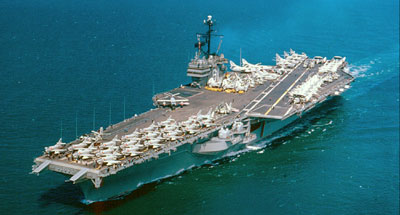 |
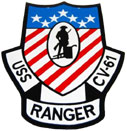 |
|
Right:
USS Oriskany
(CV-34)
Far Right:
USS Oriskany
Insignia |
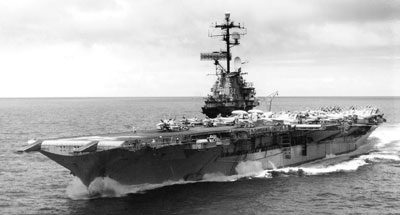 |
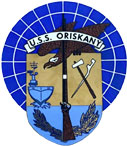 |
|
 |
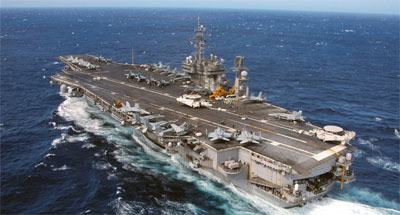 |
Left:
USS Kitty Hawk
(CV-63)
Far Left:
USS Kitty Hawk
Insignia |
|
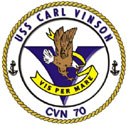 |
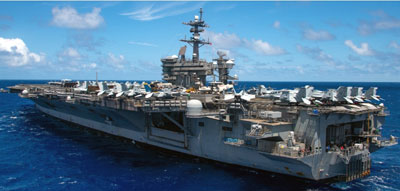 |
Left:
USS Carl Vinson
(CVN-70))
Far Left:
USS Carl Vinson Insignia |
|
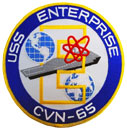 |
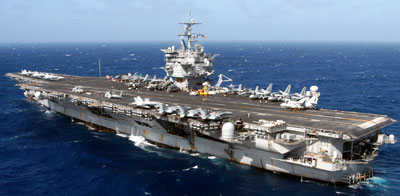 |
Left:
USS Enterprise
(CVN-65))
Far Left:
USS Enterprise Insignia |
|
|
|
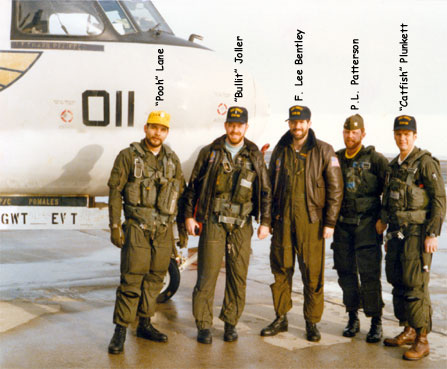 |
 |
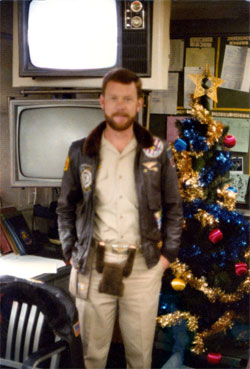 |
| 1977: Crew at Bitburg
AFB, Germany |
 |
Christmas, 1977 aboard
the
USS Nimitz (CVN-68) |
|
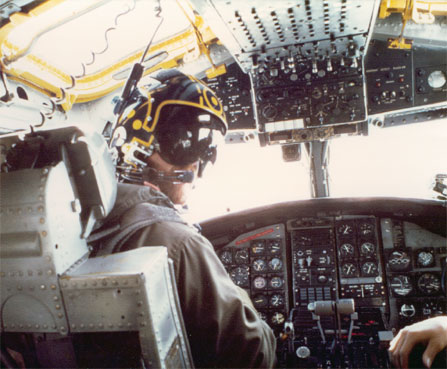 |
 |
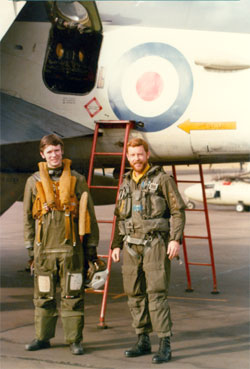 |
| Commander Paul Patterson |
 |
Senior Pilot; Royal Navy,
849 Squadron |
|
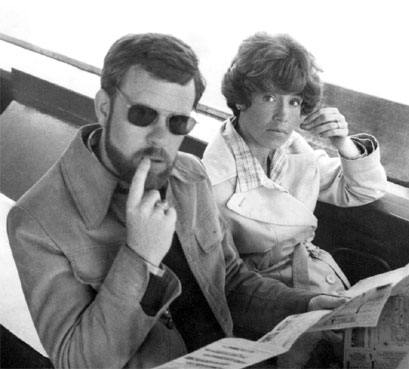 |
 |
 |
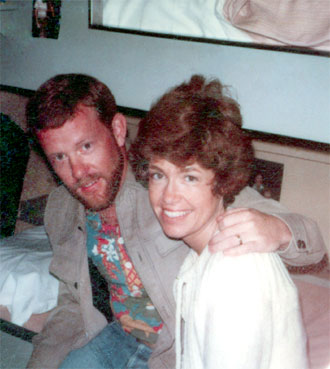 |
| About 1978: In Paris, on the Seine.
Paul and Jane |
 |
 |
Abt 1978; Aboard ship; Paul and Jane |
  |
|
|
|
| Has
lived in Sammamish since 1994. |
| Music:
"Anchors Aweigh" |
Home
|
Back/allyears
| WWI
| WWII
| Korea |
Vietnam
| Afghanistan/Iraq
| Lyrics
| Refs/Awards
|
Contact | Roster
©2024-csheddgraphics All rights reserved.
All images and content are © copyright of their respective copyright
owners. |
|
















